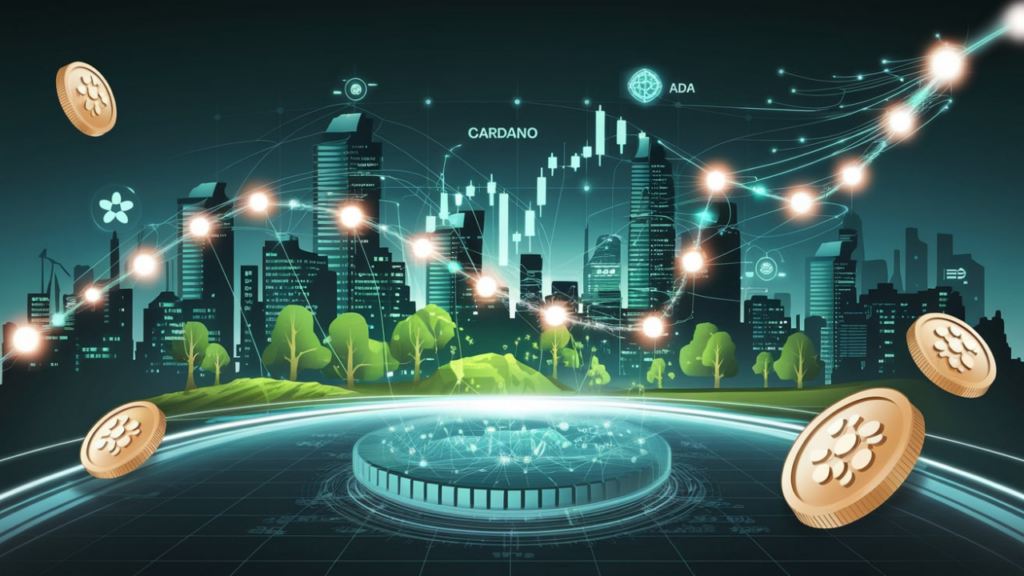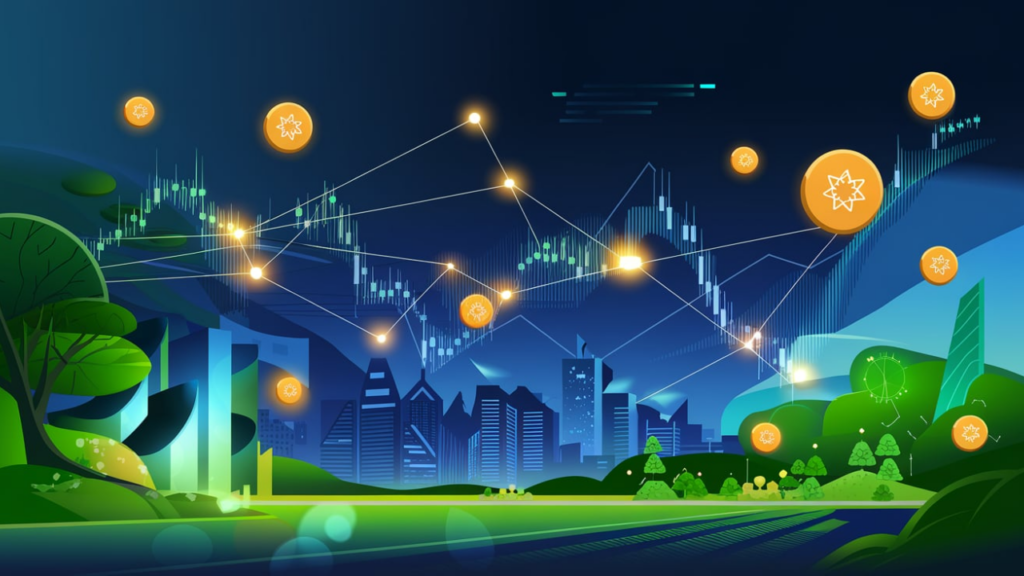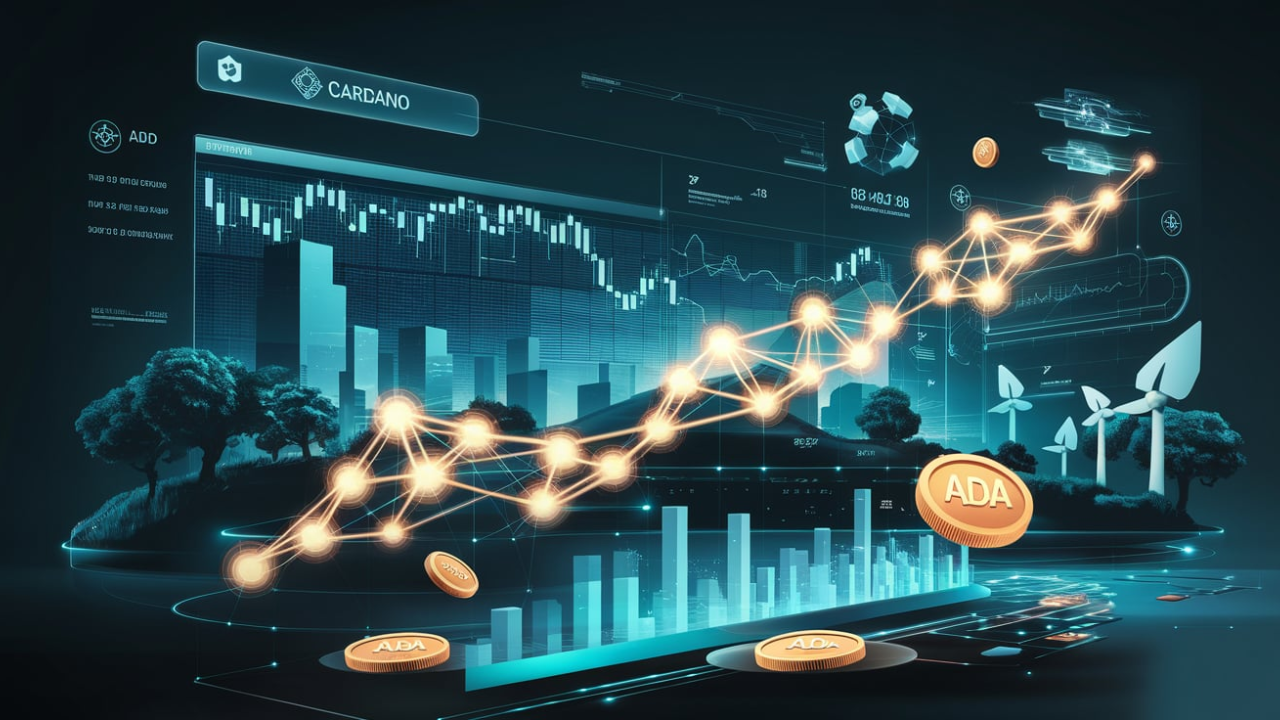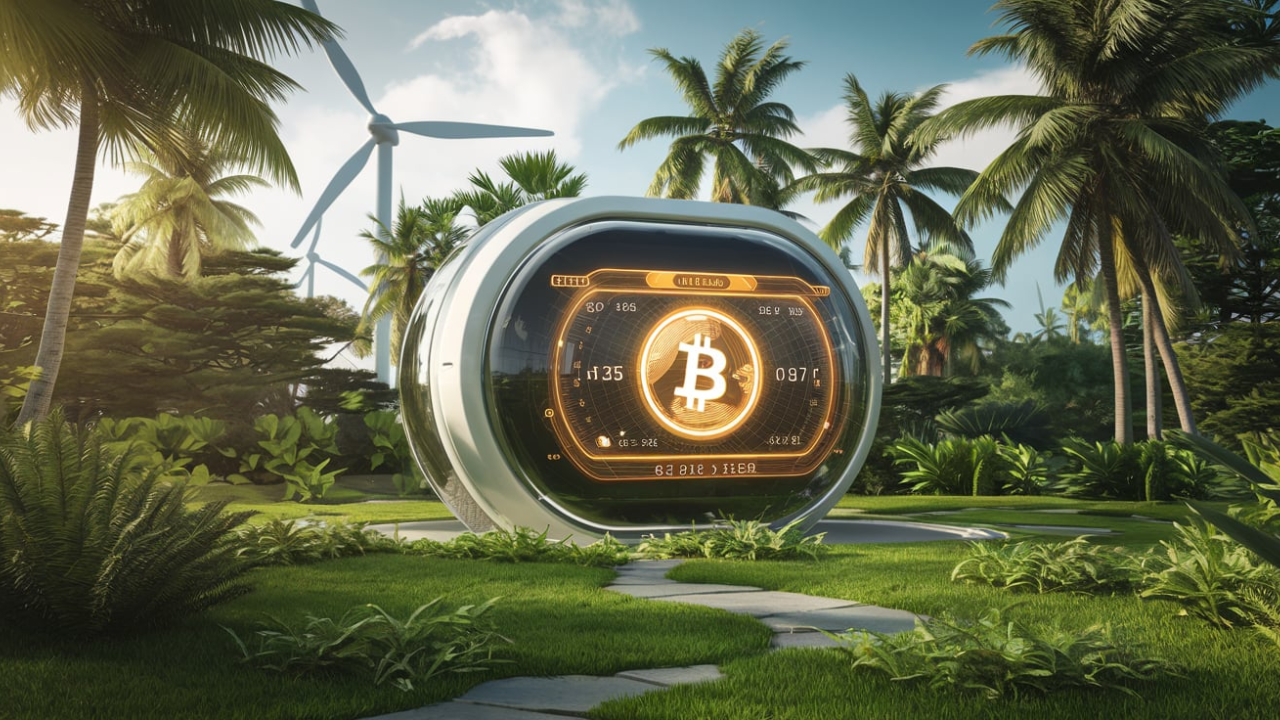Few names stand out as significantly when diving into the world of cryptocurrencies as Cardano. Known for its environmentally conscious approach and cutting-edge technology, Cardano has caught the attention of investors and tech enthusiasts alike. But a question remains: What drives the Cardano price, and what factors influence its movement? In this article, we will explore these aspects, providing a comprehensive understanding of the forces behind Cardano price fluctuations.
Biography Table for “Cardano Price”
| Attribute | Details |
|---|---|
| Name | Cardano (ADA) |
| Blockchain Type | Proof of Stake (Eco-friendly) |
| Founded | 2017 by Charles Hoskinson (Co-founder of Ethereum) |
| Market Capitalization | Varies, among the top 10 cryptocurrencies by market cap |
| Current Price | Fluctuates with market conditions, check the latest on any crypto platform |
| Key Features | Sustainability, scalability, smart contracts, decentralized finance (DeFi) |
| Governance Model | Decentralized autonomous organization (DAOs) using treasury management |
| Eco-Friendly Factor | Utilizes a low-energy proof-of-stake consensus mechanism |
| Main Token | ADA (used for staking, governance, and transaction fees) |
| Current Developments | Growth in smart contracts, DeFi, ecosystem partnerships, and scalability |
| Notable Partners | Several blockchain-focused companies, universities, and governmental projects |
| Founder | Charles Hoskinson |
| Development Team | IOHK (Input Output Hong Kong) |
| Website | cardano.org |
What Drives Cardano Price?
Cardano’s price is influenced by various factors, both internal and external. Understanding these variables is crucial for anyone looking to invest or track cryptocurrency’s market performance.
1. Market Demand and Supply
Like any asset, Cardano price follows basic economic principles of supply and demand. When demand for Cardano rises, its price typically increases. Market sentiment often spurs this demand, where investors speculate on Cardano’s future potential. Conversely, when demand drops, so does the Cardano price.
2. Technological Developments
Cardano’s underlying technology is one of the main reasons for its value. The platform focuses on a unique, research-driven approach to blockchain development. The more Cardano achieves its goals, such as the successful deployment of smart contracts and the broader adoption of its ecosystem, the more confident investors become. As a result, Cardano price tends to increase with significant technological upgrades or new releases.
3. Regulatory News and Government Influence
Cryptocurrency prices, including Cardano’s, are highly sensitive to regulatory news. Positive news, such as governments’ endorsement of blockchain or clearer legal frameworks for digital assets, often pushes the price up. On the flip side, negative regulatory news can cause sharp price declines as the market reacts to concerns about restrictions or crackdowns.
4. Market Sentiment and Global Trends
The overall sentiment of the cryptocurrency market plays a huge role in determining Cardano price. When the market is bullish, most cryptocurrencies, including Cardano, tend to see an increase in value. However, if the market is bearish, Cardano’s price could significantly decline. Additionally, global economic trends, such as inflation concerns or institutional interest in blockchain, impact Cardano’s performance.
Why Is Cardano Unique in the Crypto Space?
Cardano has distinguished itself from many other cryptocurrencies by focusing on sustainability and eco-friendly practices. Unlike Bitcoin and Ethereum, which rely on energy-intensive proof-of-work mechanisms, Cardano utilizes a proof-of-stake consensus model, significantly less taxing on the environment.
Sustainability and Cardano’s Eco-Friendly Approach
The eco-friendly nature of Cardano appeals to a growing number of environmentally conscious investors. The low energy consumption required to maintain the Cardano blockchain makes it an attractive alternative for those looking to invest in green technologies. As awareness about environmental issues grows, Cardano’s price could see further gains driven by this aspect.

What Influences Cardano Price in the Short Term?
Understanding short-term movements in Cardano price requires an awareness of market psychology and the unpredictable nature of crypto trading. Here are some short-term factors that can cause rapid fluctuations:
1. Whale Activity
Large investors, also known as “whales,” can impact Cardano price by buying or selling significant amounts of the coin. Their actions create ripples across the market, and smaller investors often follow suit, either driving the price up or causing it to drop sharply.
2. Partnerships and Collaborations
Announcements of new partnerships or collaborations with major corporations or governments can boost Cardano’s price in the short term. Each new alliance adds legitimacy to Cardano’s blockchain and can drive up investor confidence.
3. Market Liquidity
The liquidity of Cardano on exchanges also impacts its price. Low liquidity can make Cardano price more volatile, as it takes less volume to influence the market. Traders and investors looking to make quick profits often take advantage of these fluctuations, contributing to price movements.
Long-Term Outlook for Cardano Price
Looking at the long-term outlook of Cardano price requires a broader perspective. While short-term fluctuations are inevitable, the overall trajectory depends on the success of Cardano’s mission to build a scalable, sustainable blockchain ecosystem.
1. Cardano’s Technological Evolution
In the long run, the price of Cardano will largely depend on its technological evolution. Cardano is working on expanding its capabilities, such as introducing decentralized finance (DeFi) services, improving scalability, and ensuring better security. As these features continue to mature, the value of Cardano could rise as investors anticipate greater utility for the coin.
2. Institutional Adoption
Another key factor for the long-term growth of Cardano price is institutional adoption. If major financial institutions, banks, and enterprises begin using Cardano’s blockchain for real-world applications, the price could significantly increase over time. The level of institutional interest in the Cardano ecosystem will be a critical signal for future price performance.
3. Cardano’s Ecosystem Growth
Cardano’s broader ecosystem includes the development of decentralized applications (dApps) and integration with real-world industries. As more projects are launched on the Cardano blockchain, the demand for its native token, ADA, will likely increase, potentially driving up Cardano’s price.
Cardano Price Forecast: What Should You Expect?
Predicting Cardano’s price is never straightforward, as the cryptocurrency market is notoriously volatile. However, by monitoring Cardano’s development, technological advancements, market trends, and regulatory environment, you can form a more educated guess about its potential price movements.
The price could fluctuate frequently for those looking to make short-term trades. However, for long-term investors, Cardano’s future could look promising, provided its technological and ecosystem development continue steadily.

Decision: The Future of Cardano Price
In conclusion, Cardano price is subject to a wide array of factors that affect its movement both in the short and long term. From technological innovations to market demand, regulatory changes, and eco-conscious investments, Cardano is poised to remain a significant player in the cryptocurrency market. As the blockchain continues to evolve, so will the value of its native token, ADA, potentially providing substantial returns for investors willing to bet on its future growth.
Also read: XRP Price Prediction: Will XRP Reach New Highs by 2025?
By staying informed and tracking key developments, you can better understand the future potential of Cardano’s price and make more informed decisions about your investment strategy. Whether you’re a seasoned trader or new to the crypto space, understanding the dynamics of Cardano’s price is essential for navigating this exciting digital frontier.


